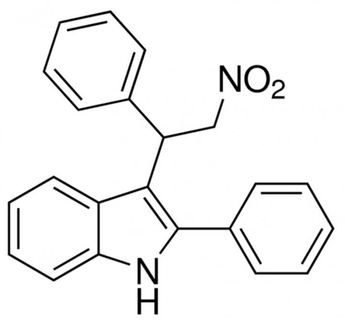Young cannabis-smokers aware of the health risks
Young Swiss men who drink alcohol and smoke tobacco or cannabis read up on addictive substances more frequently than their abstinent peers. They report their knowledge of the health risks as very good whereas abstainers rate themselves as poorer in this respect. Preventive measures that are solely based on providing information come up short for informed young consumers. These insights were gained by researchers from the Institute of Social and Preventive Medicine at the University of Zurich.
91 percent of on average 20-year-old Swiss men drink alcohol, almost half of whom drink six beverages or more in a row and are thus at-risk consumers. 44 percent of Swiss men smoke tobacco, the majority of whom are at-risk consumers – they smoke at least once a day. 36 percent of young adults smoke cannabis, whereby over half are at-risk consumers, using the drug at least twice a week. Researchers from the University of Zurich’s Institute of Social and Preventive Medicine investigated whether these young Swiss men read up on addictive substances such as alcohol, tobacco, cannabis or other drugs and are aware and understand the risks of their consumption by conducting a survey of 12,000 men under a national cohort study as they were recruited for national service.
Those who consume more likely to seek information
16 percent of the young Swiss men surveyed had used electronic media in the last 12 months to actively find out more about addictive substances. 20 percent of at-risk consumers of alcohol or tobacco did so, along with 38 percent of at-risk consumers of cannabis. Moreover, at-risk consumers of alcohol or tobacco seek information two and a half times more frequently than abstainers. Cannabis-consumers research addictive substances four times more frequently and the at-risk consumers among them even five times more frequently than those who don’t smoke cannabis. “The search for information greatly depends on the substance consumed. Generally, consumers of addictive substances are more likely to seek information on addictive substances compared to abstainers,” explains Meichun Mohler-Kuo, a lecturer at the Institute of Social and Preventive Medicine.
Over 70 percent of the men surveyed who consume addictive substances and especially the at-risk consumers rate their knowledge of the health consequences of alcohol, tobacco or cannabis consumption as very good, thereby reporting their knowledge as better than abstainers in this respect. Men from the Suisse romande (French-speaking Switzerland) and high school graduates rate their knowledge of the health risks of excessive consumption as slightly better than German-speaking Swiss and men with a lower level of education.
Information as prevention comes up short
Prevention campaigns that are designed to open young people’s eyes to the risks of addictive substances and deter them are normally based on providing information. “Information alone, however, is insufficient as a preventive measure. It needs differentiated approaches for informed consumers,” says Mohler-Kuo. Consequently, media campaigns for the prevention of substance abuse should be viewed with a critical eye. “It is important to examine and develop preventive measures that take the competence of well-informed young people and young adults into account.”
Original publication
Other news from the department science

Get the life science industry in your inbox
By submitting this form you agree that LUMITOS AG will send you the newsletter(s) selected above by email. Your data will not be passed on to third parties. Your data will be stored and processed in accordance with our data protection regulations. LUMITOS may contact you by email for the purpose of advertising or market and opinion surveys. You can revoke your consent at any time without giving reasons to LUMITOS AG, Ernst-Augustin-Str. 2, 12489 Berlin, Germany or by e-mail at revoke@lumitos.com with effect for the future. In addition, each email contains a link to unsubscribe from the corresponding newsletter.



















































